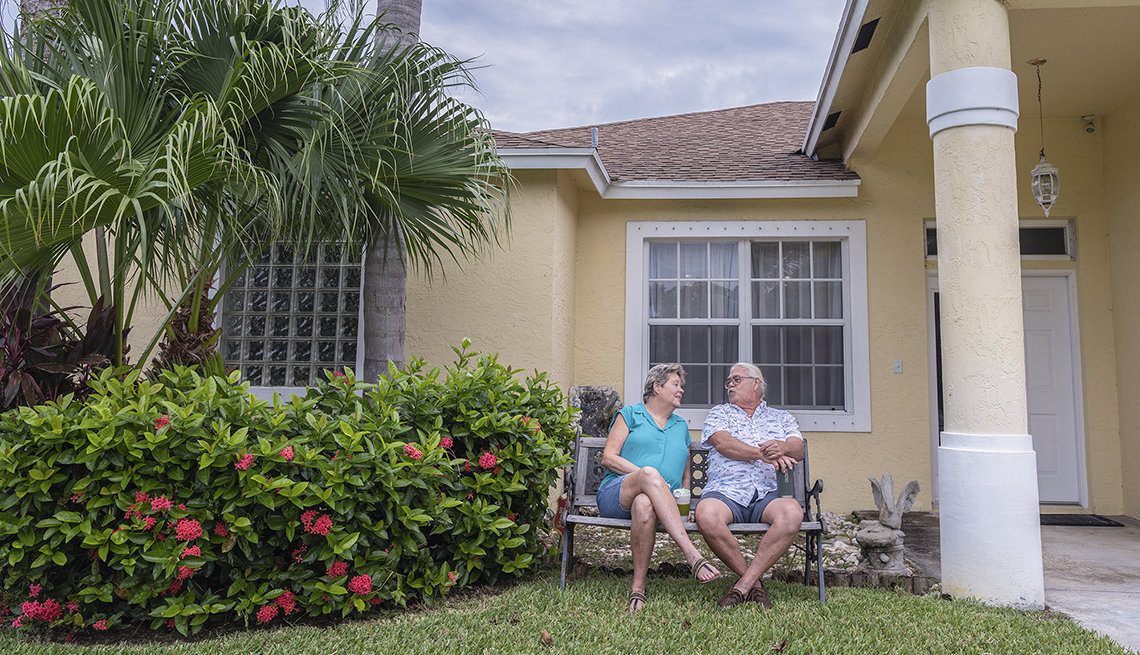
Ask 7 questions before taking a reverse mortgage loan
- Select a language for the TTS:
- UK English Female
- UK English Male
- US English Female
- US English Male
- Australian Female
- Australian Male
- Language selected: (auto detect) - EN
Play all audios:

Your maximum loan size is based on your home equity, your age (the older you are, the more you can borrow) and interest rates. The Arntzes, who owe $88,000 on a home valued at about
$340,000, would be able to borrow about $189,000. 3. DO YOU KNOW WHAT IT WILL COST? Mortgage insurance is 2 percent of the appraised value of the home or the federal loan limit, whichever is
lower. Closing costs are similar to those of a traditional mortgage. An origination fee paid to the lender varies and is highly negotiable — Paula was quoted figures ranging from $2,000 to
$6,000. Steve Irwin, president of the National Reverse Mortgage Lenders Association, advises shopping around, since interest rates vary, too. The Arntzes’ upfront fees would total $16,000,
to be deducted from their loan balance. 4. WHAT WILL YOU DO WITH THE PROCEEDS? After you've sweated years to accumulate equity in your home, it's courting disaster to get your
hands on the money without a clear plan for it. If you blow the cash on something unimportant, there is no do-over. But Paula had it all mapped out. After paying the upfront costs and
remaining mortgage, she and Dennis would walk away with about $85,000. They plan to take out $18,500 to rebuild their savings and leave the rest as a line of credit for potential
emergencies. 5. CAN YOU AFFORD YOUR ONGOING EXPENSES? Though you won't have to make monthly mortgage payments, you'll risk foreclosure if you don't stay current on your taxes,
insurance, homeowner fees and upkeep. Many borrowers don't understand that, according to housing counselor Jackie Boies of Money Management International. For the Arntzes, these
expenses total about $500 a month, Paula says — a figure they can handle. 6. WHO EXACTLY IS BORROWING THE MONEY? If you're married but only one of you is taking out the reverse mortgage
(maybe because the other spouse isn't yet 62), things can get difficult for the other spouse. If the borrower dies, the survivor inheriting the house can remain there but can't
tap the mortgage for more money. If the borrower has to live elsewhere for 12 months or more — say, in assisted living — the loan will come due and the other spouse will probably have to
move. The Arntzes, both borrowers, don't have this concern.
